“Can you drink the chalice of which I am going to drink?”
What does that even mean for us? We know what Jesus’ chalice was like: it led him through sorrow, and abandonment, and ultimately to the cross. If we have ever been in a situation in which we have felt intense grief, or felt abandoned, or had to stand by and watch the death of one that we loved, well then, we know a little bit of what that chalice is going to taste like.
Being a disciple is messy business. It means that it’s not all the glory, pomp and circumstance. It means that our faith sometimes has to move from the mountaintop experiences down into the valleys of despair. It means that there are times when we will be in situations that are frustrating, infuriating, debilitating, grievous and horrible. We will have to drink a very bitter chalice indeed. And Jesus wasn’t just talking to John and James when he said “My chalice you will indeed drink.” That’s the cup reserved for all of us who would be his disciples.
Very clearly those words of Saint Paul ring true for us:
We are afflicted in every way, but not constrained;
perplexed, but not driven to despair;
persecuted, but not abandoned;
struck down, but not destroyed;
always carrying about in the body the dying of Jesus,
so that the life of Jesus may also be manifested in our body.
For we who live are constantly being given up to death
for the sake of Jesus,
so that the life of Jesus may be manifested in our mortal flesh.
What is unspoken here but clearly implied is the grace. Those who abandon their lives to take up the cross, wherever that leads them, will always have at their disposal the grace to live a life that is joyful in the face of affliction, confident in the midst of uncertainty, whole in the midst of destruction. There is nothing that the world or its evils can throw at us that cannot be ultimately overcome by the grace of God. We will still have to live through sadness at times, but that sadness can never and must never overtake the joy we have in Christ.
Like Saint James and his brother John, we are all called to drink from the chalice that Jesus drank. That means that we will always bear the dying of Jesus in our own bodies. We can’t explain why bad things happen to good people, but we can explain how good people handle bad situations well: they handle it well because they know Christ and live in Christ every day of their lives. Sometimes the chalice we will have to drink will be unpleasant, distasteful and full of sorrow. But with God’s grace, our drinking of those cups can be a sacrament of the presence of God in the world.
Everyone who is great among us must be a servant, and whoever wishes to be first among us must be our slave. Saint James learned how to do that and still thrive in his mission. May we all be that same kind of sacrament for the world.
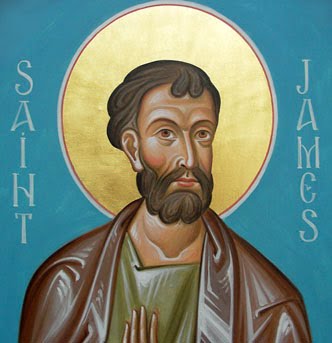
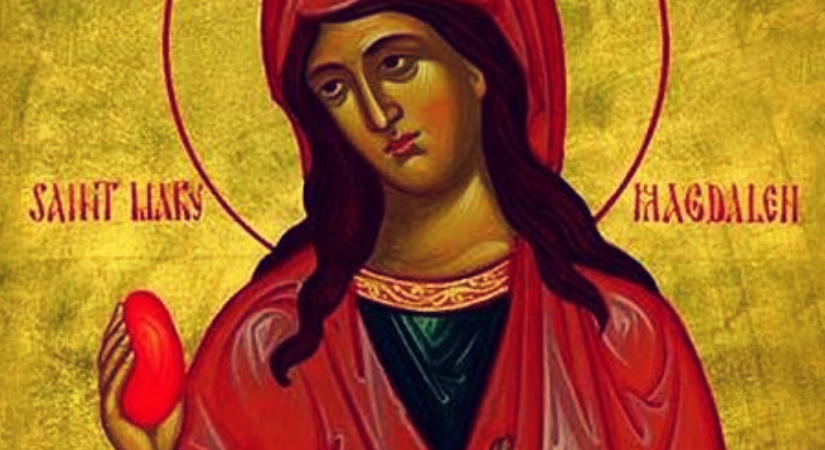
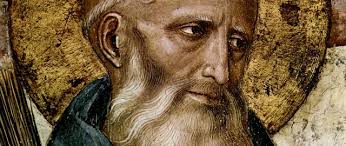
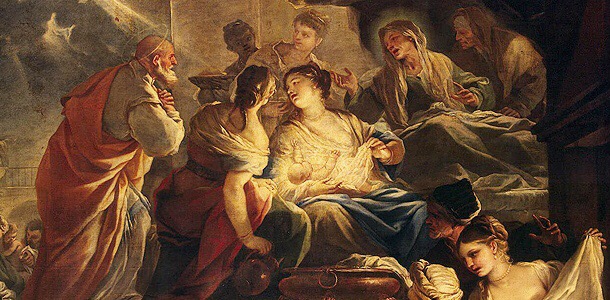
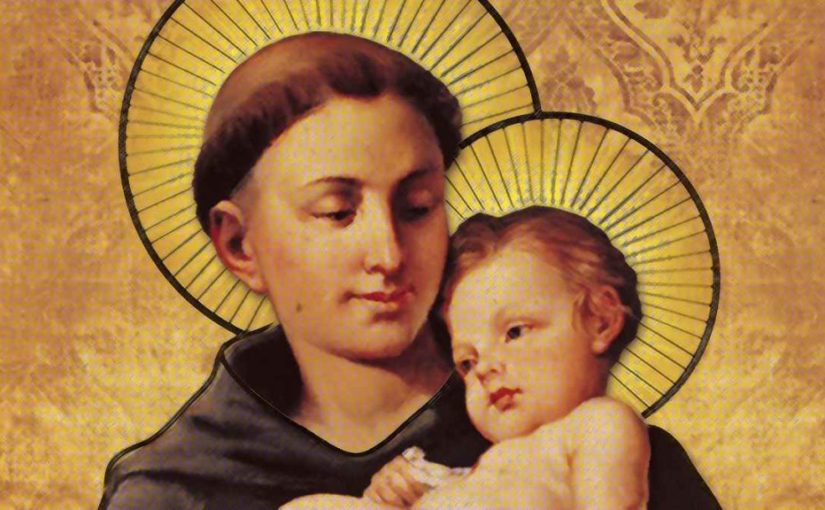
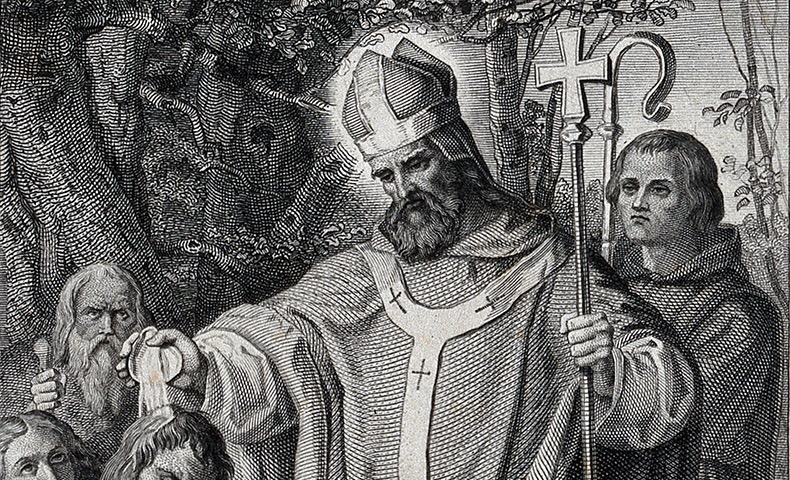
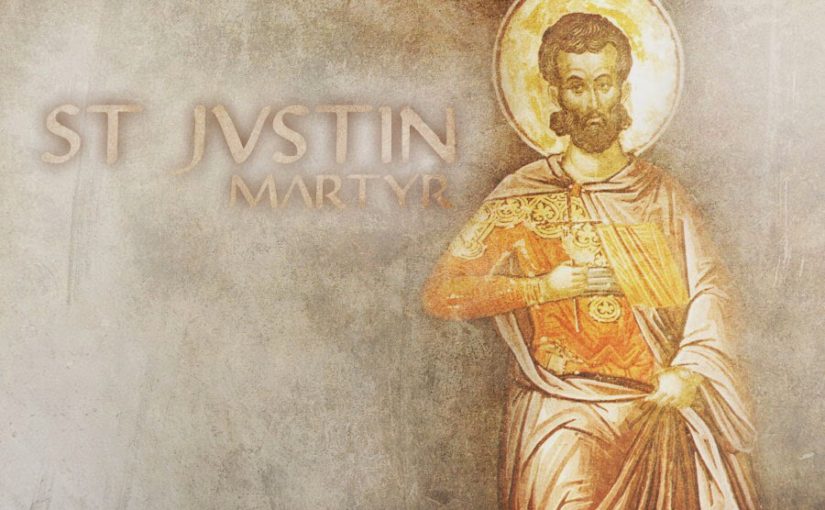
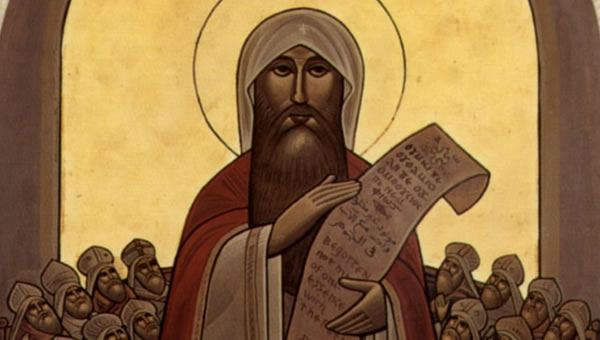

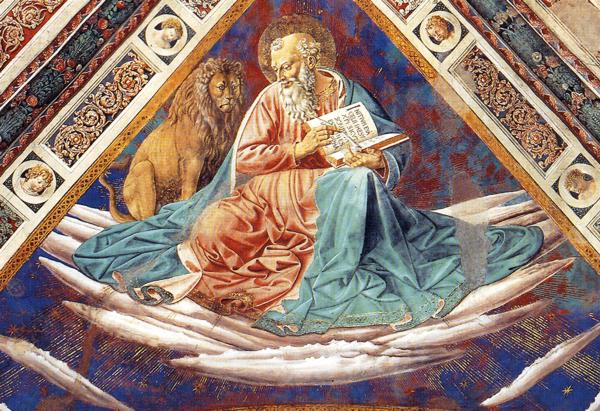
You must be logged in to post a comment.